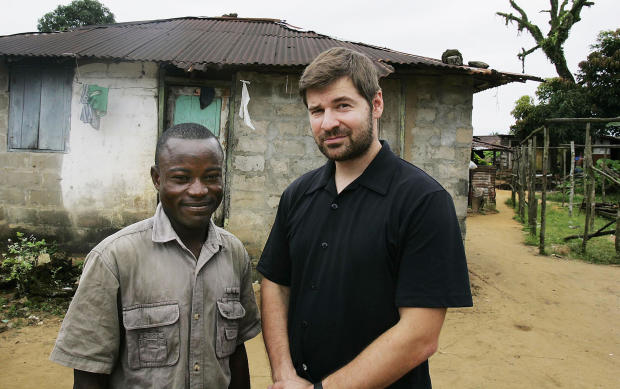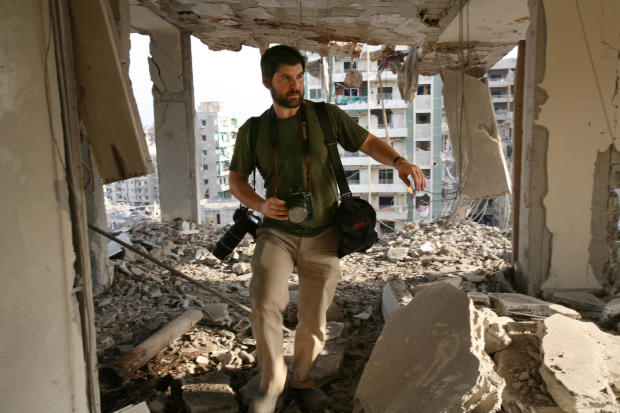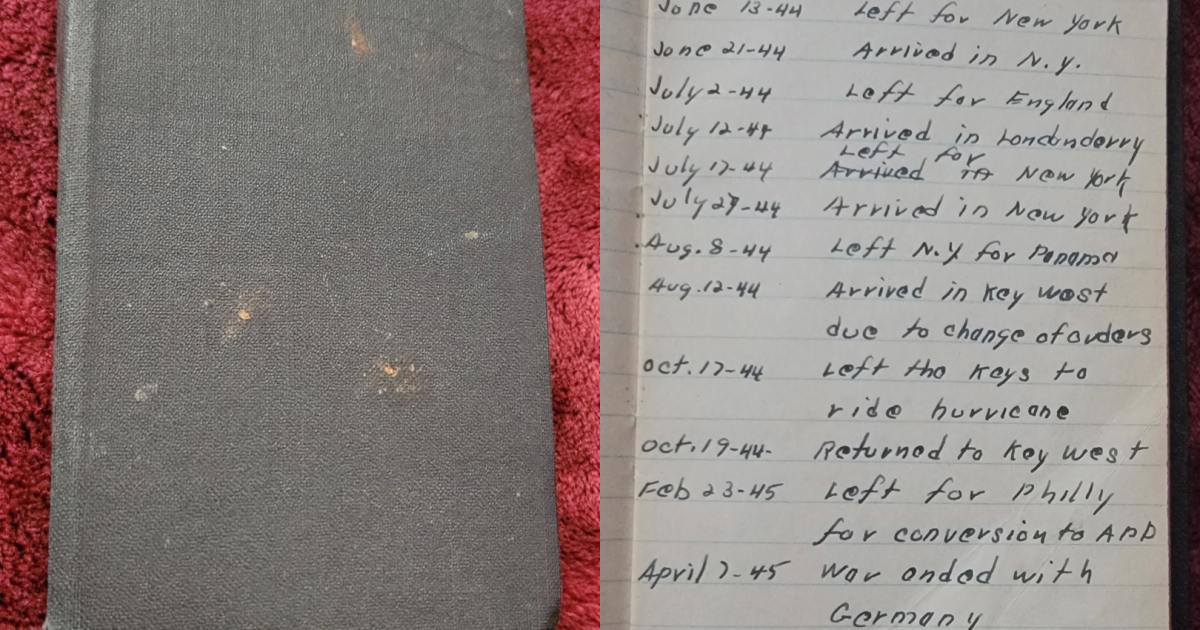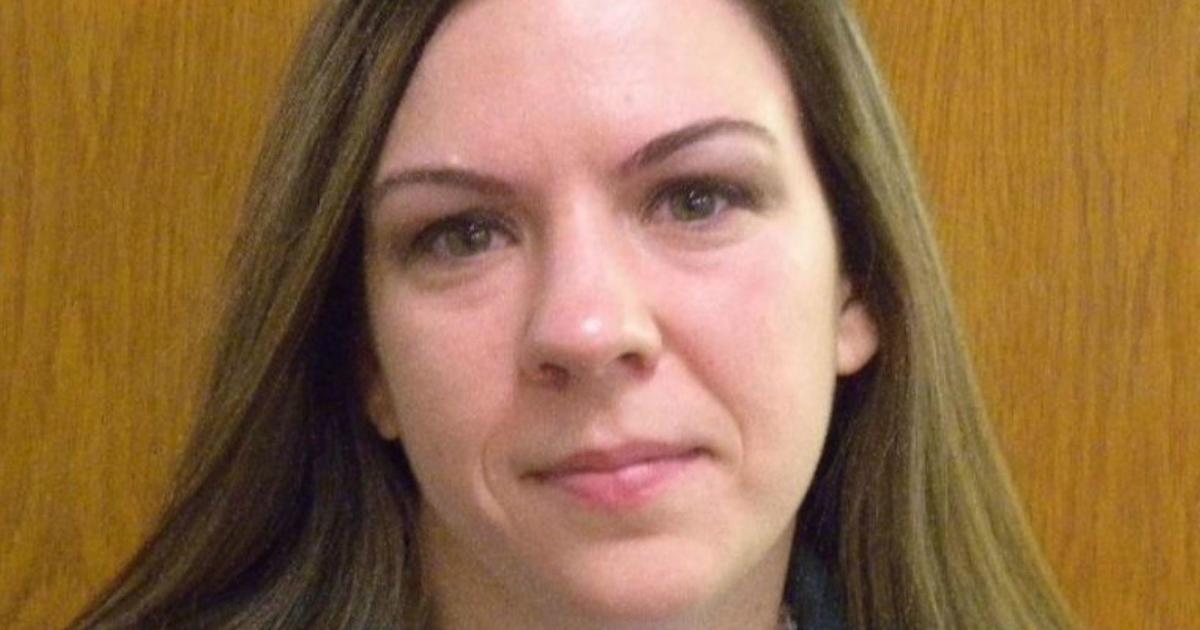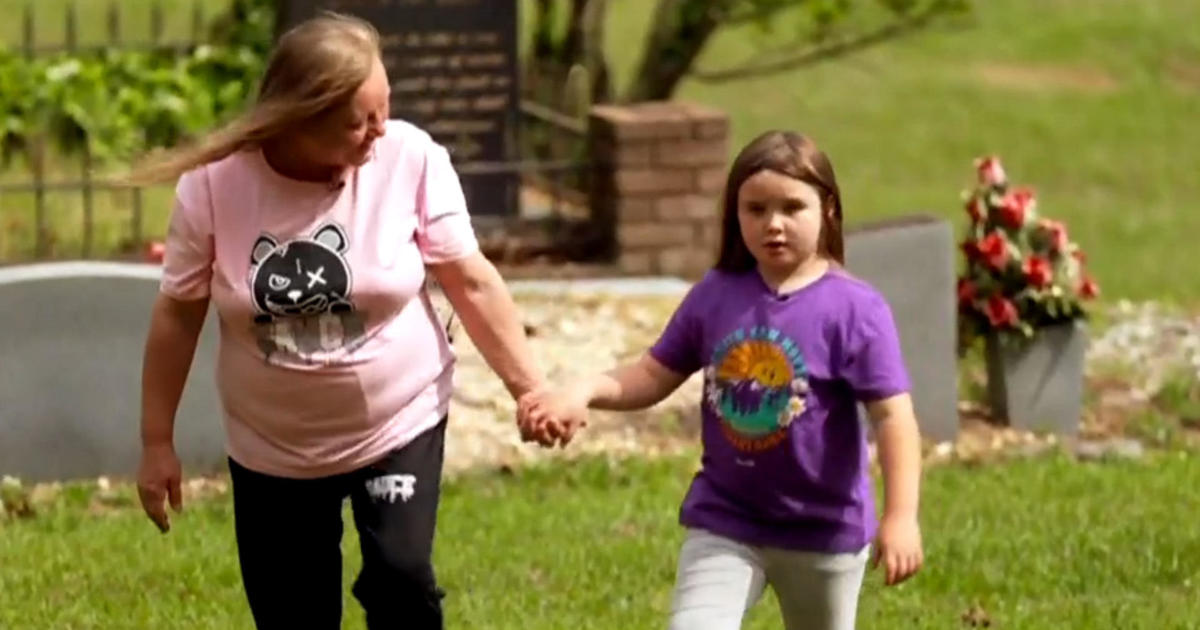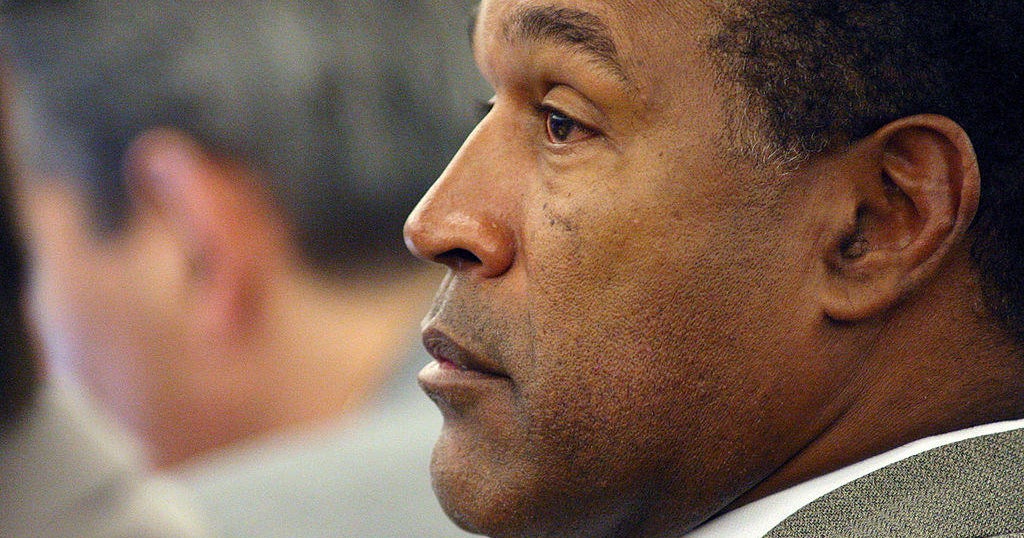War photojournalist remembered in documentary "Hondros"
Chris Hondros spent a lifetime traveling around the world and for those close to Hondros, his whereabouts at any given time could be discovered by looking at his most recent photographs.
The life and career of the Pulitzer Prize-winning photojournalist, who died at 2011, is detailed in a documentary that premiered at the Tribeca Film Festival.
"Hondros" is written and directed by Chris's childhood friend Greg Campbell and is co-produced by Jake Gyllenhaal and Jamie Lee Curtis.
Campbell recently spoke with CBS News about his decision to tell Chris's story.
In the film you said you wanted to "travel to the different parts of the world and the places that were important to Chris." How did you decide where exactly you wanted to go given the scope of Chris's travels?
It was difficult. I think one of the questions someone else answered for us. In the months not long after Chris was killed I was contacted by Joseph Duo, who's the Liberian commander that Chris made famous, and whose photograph made Chris famous. He told me that he had been in touch with Chris for many years since that photograph was taken. He also told me a little bit about how Chris had financed his education.
So I decided to go meet Joseph and learn a little bit more about Chris that I didn't necessarily know in detail. The next decision to go to Iraq was because Chris spent so many years of his life covering that story. Obviously the penultimate photograph that he produced when there was the shooting in Tal Afar. So it was well documented and he discussed it on so many occasions in his interviews.
Then finally, of course, I was with him in Libya toward the final moments of his life and they were just really valuable to me. So just capturing him in action really just sort of encapsulated what his career had ascended to, and the amazing photos that he produced in a very short period of time.
Did you find yourself consistently learning new things about Chris?
Yeah. Honestly, I think what surprised me was the amount of people that we ran into who professed that Chris had a huge impact on their lives. People that I was not even aware of at all. It was just such a pleasant surprise to me. It was bittersweet to learn that there are people walking around in the world that I don't even know of who have had their lives shaped by their interactions with my friend Chris. It was really kind of a beautiful part of putting this film together.
Was there any part of this that was particularly difficult for you?
I think I really wanted to approach the film in a way that would do justice to his memory, not just in the sense that you know he was a great guy and everybody loved him. I think it was important to show some nuance and the complexity of his character. So trying to decide where those lines fell and where the appropriate distinctions were to be made was difficult. He was my friend and I loved him very much and clearly I wanted that part to come through.
By the same token though I wanted to show that he was a human being, warts and all. And so I think that was one of the difficulties. Another was how much how much should I be in the film. We spent a lot of time in post production trying to strike the appropriate balance between my story as his friend going on this journey to find these bits and pieces of him.
It was important for Chris to remain objective and truthful while documenting the conflict overseas. Is there something to learn about the role journalists play today?
We really wanted to point out how important it is to have highly trained independent observers who are there to verify information and to act as witnesses to the events of the world as they unfold. Chris always had the presence of mind in the midst of the chaos, without knowing what was happening, to quickly figure out what the story was and to take the photographs. I really do truly hope that that's the big takeaway for the audience.
